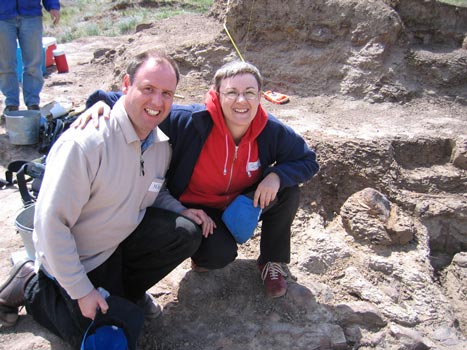Making Preparations for Key Stage 3
It has been a busy end to August for our teaching team as they finalise plans for school and college visits over the autumn term (2019). All has been put in place and prepared as the schools start back. We have dealt with the last minute enquiries and provided what support and assistance that we can. Everything Dinosaur team members are involved in a variety of teaching projects including some work with Key Stage 3 and Key Stage 4 students. Our aim is to support the science element of the curriculum, especially those areas related to biology, chemistry and genetics.
In addition, we have been contacted with requests for careers advice.
The Practical Implications of Scientific Working

Picture credit: Everything Dinosaur
The Everything Dinosaur website: Everything Dinosaur.
Preparing Lesson Plans with an Emphasis on Scientific Working
When preparing lesson plans for older students (KS3 and KS4), we keep a list on the desk which reminds of the purpose of science for these age groups. This helps us to focus on meeting the learning needs of the class.
For example, here is the list we use when considering a KS3 class (Year 7 to Year 9).
- Use scientific ideas, theories and models to help explain current/past events (link to evolution and to climate change).
- Build on existing scientific knowledge from Key Stage 2 and to make connections between the different scientific disciplines.
- Understand a range of familiar, everyday applications of science.
- Consider the advantages and disadvantages of scientific developments in the context of their impact on the environment, humanity and the planet
- Explore different views on topic areas and consider the reasons for these differences.
- Emphasis the role of building empirical and experimental evidence to support findings and scientific ideas.
- Design and conduct investigations of different types, making use of available resources and reference sources.
- To critique and evaluate the experiments undertaken and to consider how the research could be improved/developed.
- To consider the role of scientific communication in disseminating research findings – how does science reach a wider audience?
These lists that we have developed act as an “aide mémoire” to ensure that we remain focused on the learning needs of each class.
Contact Everything Dinosaur to learn more about our outreach work: Email Everything Dinosaur.

